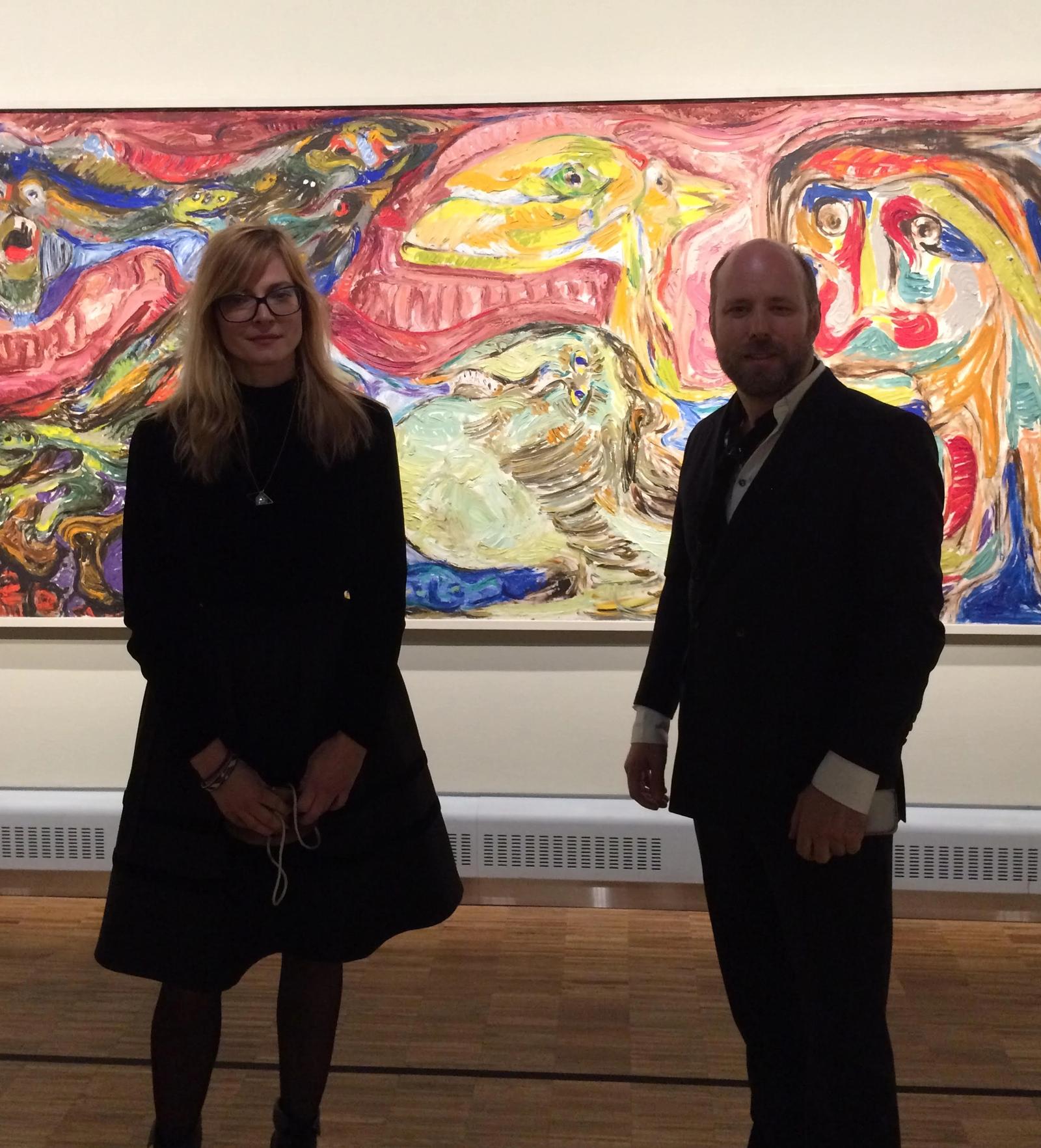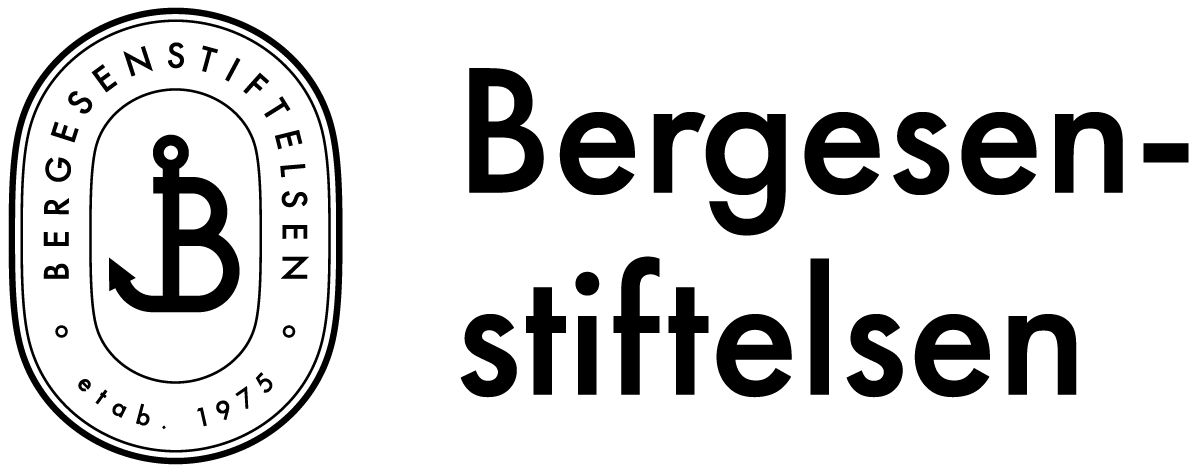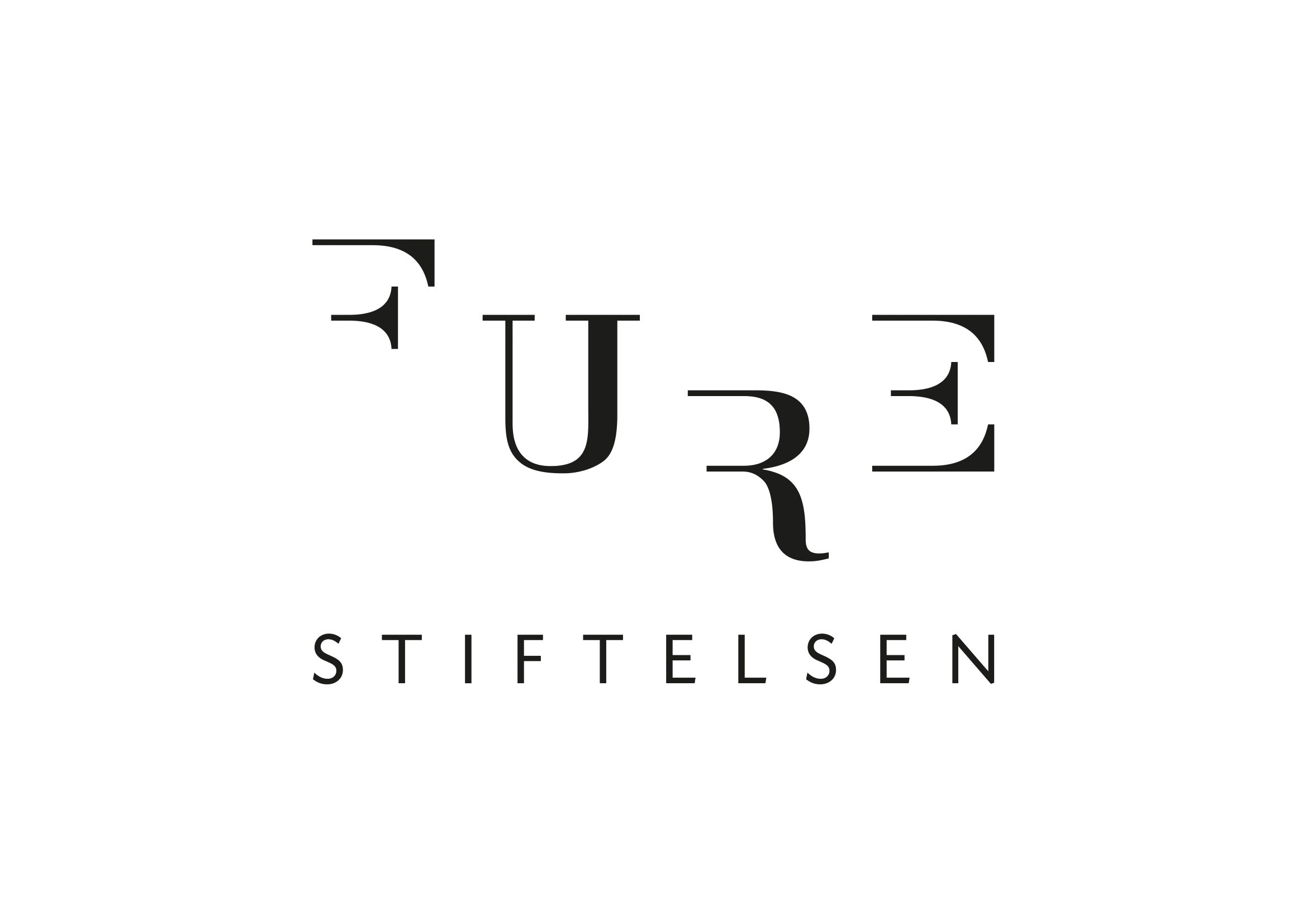Rolf-Erik Nystrøm & Juliana Venter: The Tears of Things
Meditations on fragility, suffering and death
Cecilie Ore: Katzu! (2021, WP)
Rolf-Erik Nystrøm /Juliana Venter: Hommage á Legende d’Eer/ The Tears of Things (2021)
Juliana Venter/ Rolf-Erik Nystrøm/Georg Trakl: An Johanna (2021)
Karin Rehnqvist: Rãdda Mig Ur Dyn (1994)
Rolf-Erik Nystrøm/Juliana Venter/Tor Ulven: Inner Song (2005/2021)
Saxophone
- Rolf-Erik Nystrøm
Vocal
- Juliana Venter
Dancer
- Ole Kristian Tangen
Visuals
- Greg Pope
Shadows
- Greg Pope
Drawings
- Helge Røed
This finely curated evening concert will take place in the magical atmosphere of Olav V’s salon high up in the battlements of Oslo’s Akershus castle.
Saxophonist Rolf-Erik Nystrøm, multidisciplinary artist, vocalist and actress Juliana Venter, and dancer Ole Kristian Tangen are on a stage surrounded by visual art by Greg Pope and the late Helge Røed, whose enthusiasm and spirit will fill the room with large drawings suggesting dark death masks.
The concert title is inspired by Greek mythology, Iannis Xenakis, and Cecilie Ore’s new work with the concept and tradition of Japanese death poems.
Japanese zen monks and haiku poets have a long tradition of presenting a poem on the verge of death. Cecilie Ore’s Katzu! (Eureka!) is based on a selection of six last words from this tradition. The poems date from the 16th to the 20th century.
Venter and Nystrøm will also perform their own compositions – settings of poetry by Trakl and Ulven – reflecting on the ephemerality and fragility of existence: ‘the tears of things’.
An Johanna, by Georg Trakl, strongly hints at the poet’s relationship with his sister (which some claim was incestuous). It also points to the loss of ‘Heimat’ (home) and the trauma of war.
Karin Rehnqvist’s Rādda Mig Ur Dyn is a charged piece about the scream, outwardly directed, demanding attention and to be heard far away; as well as inwards, focused, like a prayer. It involves an ancient singing style known as ‘kulning’.



















